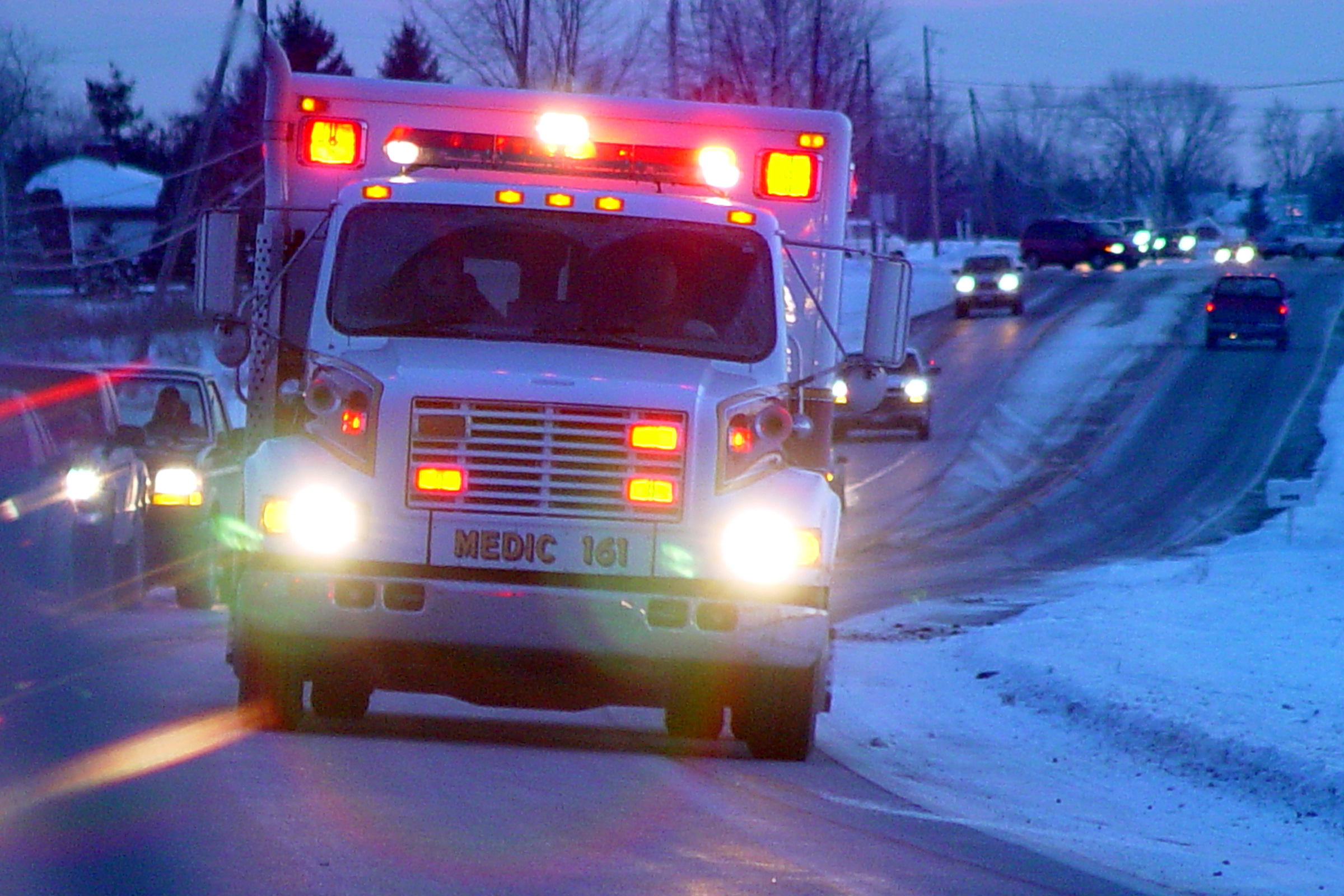
21 Apr Is Accidental Death and Dismemberment insurance worth it?
Photo: click/morguefile.comQ. I keep getting offers for “Death and Dismemberment” insurance through my credit cards. The insurance seems inexpensive. How can I decide if the policy is good?
A. These kinds of insurance policies may be inexpensive, but you get what you pay for.
Accidental Death & Dismemberment (AD&D) insurance pays you or your beneficiaries a set amount of money if your death or dismemberment is the direct result of an accident, said Brian Power, a certified financial planner with Gateway Advisory Group in Westfield. “AD&D insurance covers exactly what its name states: accidental death and dismemberment.”
He said in the event of a fatal accident or an accident that results in you losing your eyesight, speech, hearing, or a limb, AD&D will pay you or your beneficiaries a specified amount.
However, there are restrictions and exclusions.
“To receive benefits related to an accident, your injuries or death usually must occur within a few months of the accident date,” Power said. “Also, you will only collect benefits if your death or injuries are proven, direct results of the accident.”
Dismemberment coverage works on a “per-member” basis. If you lose one member — a hand, foot, limb, sight in one eye, speech or hearing — the insurance company will usually pay 50 percent of the full benefit, Power said. And if you lose two members, you will receive the whole benefit.
“If it’s very likely that you’ll die or become dismembered as the direct result of an accident, an AD&D policy may be a good idea, although you may have a higher premium if you’re at high-risk because of your occupation or activities,” Power said. “Having additional coverage doesn’t hurt, but realize that an accidental death and dismemberment policy is extremely specific and thus unlikely to pay a benefit which is why it is inexpensive in the first place.”
If you don’t have enough life insurance and you don’t have a lot of extra cash, consider a term insurance policy. These have relatively small premiums and would pay out for most reasons, not just accidents.
Email your questions to Ask@NJMoneyHelp.com.
This story was first posted in April 2015.
NJMoneyHelp.com presents certain general financial planning principles and advice, but should never be viewed as a substitute for obtaining advice from a personal professional advisor who understands your unique individual circumstances.
